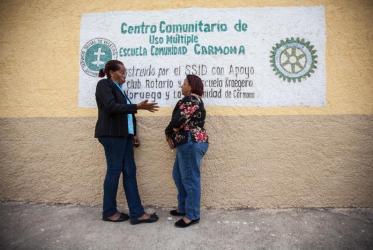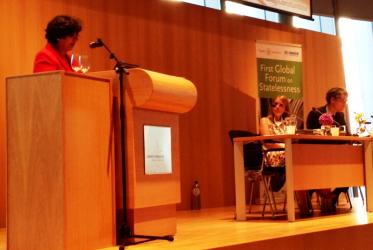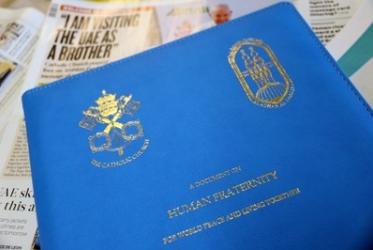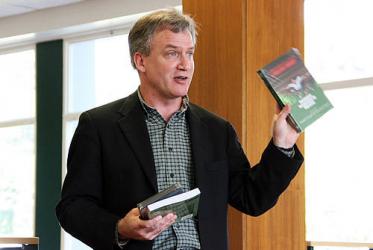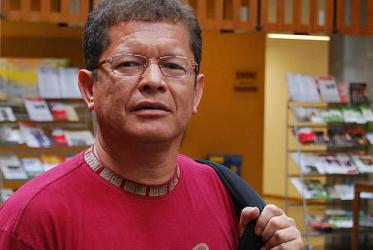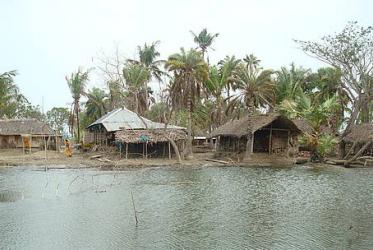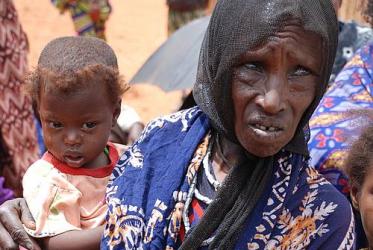Displaying 141 - 158 of 158
Church leaders address statelessness in Dominican Republic
03 February 2015
Church voices address statelessness at The Hague Global Forum
19 September 2014
Faith leaders promote protection of displaced people
25 July 2013
Churches advocate for the rights of stateless people
01 March 2013
Protection of uprooted people is integral to religions
14 December 2012
WCC applauds court ruling on migrants’ rights
27 February 2012
Migration and theological method
09 March 2011
Colombia: coffee, drugs and solidarity fatigue
29 June 2010
Migrants, too, have human rights
01 December 2008
